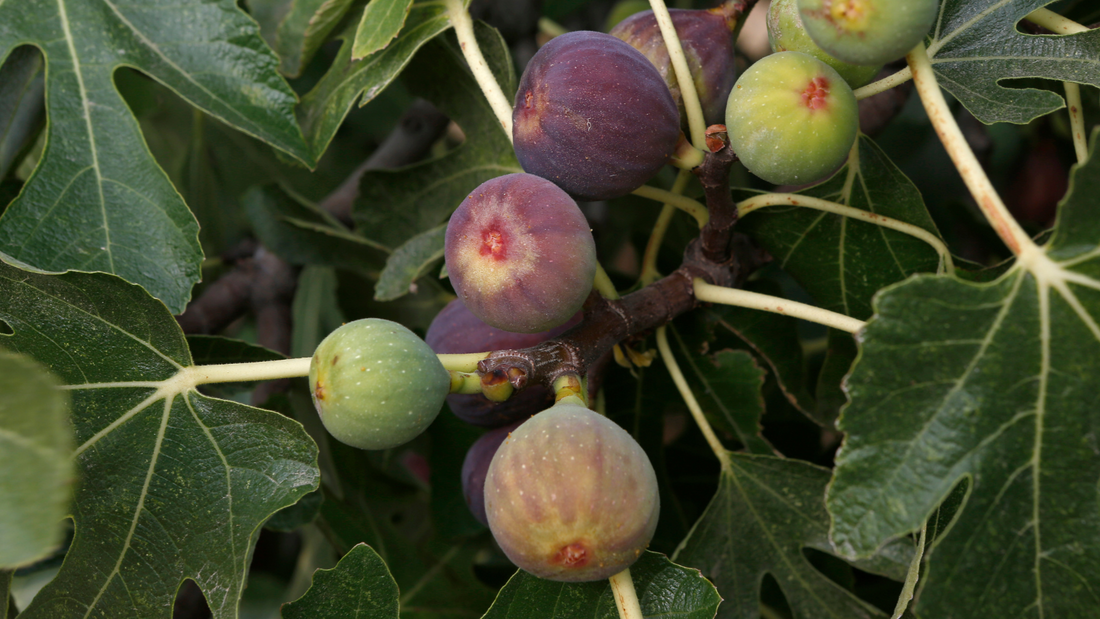You may have read that fig trees require a special "fig wasp" for pollination and fruit production. You may have also read that each variety of fig requires its own species of special wasp. While this is true for certain varieties of figs, wasps are not needed for every fig variety.
Figs Are a Unique "Fruit"
Although we think of figs as fruits, they're actually an "inside-out" flower. If you crack open a ripe fig and invert the contents, it looks like the parts inside a flower bloom. This unusual fruit/flower structure makes figs unique, and is the reason some of them need a special fig wasp.
There are over 800 varieties of figs that have been documented. Some of these are native figs, which need the fig wasp for pollination. Two of these native fig species in the US include the Florida Strangler Fig (Ficus aurea) and the Giant Bearded Fig (Ficus citrofolia). Each of these native fig species has its own species of wasp that it needs.
Common Figs
However, the vast majority of fig varieties that you can grow are considered "Common Figs." All of the varieties we carry on our site are common figs. These figs belong to the species Ficus carica and don't need a special wasp.
Common figs are parthenocarpic, which means they don't need pollination to produce fruits. The technical term for their flower development is called "gynodiecy." From a reproductive perspective, this is an intermediate between hermaphroditism and dioecy. Female flowers are produced (the fig), but no pollen is produced by the tree.
If you're growing any of our fig varieties in your backyard, you don't need to worry about the fig wasp. All of our trees will produce delicious figs in a few years without any wasp participation. You might find that larger wasps like to eat the figs as they mature, but no pollination is necessary with our common fig varieties.
Why Won't Your Figs Ripen?
One misconception about fig development is that new trees are not producing ripe figs due to lack of wasp presence or pollination. 1-2 year old fig trees will often produce green fruits that never fully ripen. When this happens, new fig tree owners begin to worry that the fruit isn't fully developing because they don't have the wasp to pollinate them.
But as mentioned above, common figs are parthenocarpic and don't need wasp pollination. It is normal for young trees to produce fruits that don't fully mature. That's just part of the development process of the tree. As the tree gets older, the fruits will mature properly. If you're getting hard green figs on your trees, just give them some time and your patience will be rewarded!

